Chinese Taipei's veep upcoming US visit to evoke Beijing's ire
Chinese Taipei's Vice President William Lai has been scheduled to visit the United States. The move will evoke a strong response from China and possibly escalate the country's military action across the Taiwan Strait near the island.
The autonomy-seeking Lai, who is a leading contender in Taiwan's upcoming presidential in 2024 and said he is a representative of anti-Beijing President Tsai Ing-wen, is traveling to the Latin American country of Paraguay for the swearing-in ceremony of its new president, and he planned to have a stopover in the United States.
The internationally-recognized "one-China" principle, which Washington adheres to, specifies that world countries cannot establish diplomatic ties with Taipei.
However, Taipei and Washington claim that a transit stopover on a trip to Latin America does not count as an official bilateral diplomatic relation between them.
Last year, Lai had visited Honduras before Honduras' President Xiomara Castro announced Tegucigalpa's decision to establish diplomatic ties with China.
On his way to the Latin American country, Lai had a stopover in the US, and during the stop, he met with US Vice President Kamala Harris.
China, for its part, sees such moves as intentional provocations.
Beijing has repeatedly voiced its discontent with any country establishing any sort of relations with Taipei, and only a very few nations across the globe have diplomatic ties with Taipei.
China's disapproval of 'separatist' Lai
Media reports said China has always been against secessionist politicians gaining power in Taipei.
In particular, Beijing is not very fond of Lai, who has previously called himself as "practical worker for Taiwan independence".
Lai, in a video, talked about his upcoming Paraguay visit, demonstrating some of the gifts he plans to present to Paraguayan officials, including a solar-powered GPS bike computer for the country's new president, Santiago Pena.
Paraguay is one of the few countries that has diplomatic ties with Taipei despite China's discontent in this regard.
China, this year, successfully persuaded Honduras to cut ties with Taipei and establish relations with Beijing, instead.
The globally-accepted "one China" principle sees Taipei as subject to Chinese sovereignty and Beijing as the sole representative of all China.
China is likely the world's largest economy. Its trade ties expand all around the world as its factories provide a wide range of products for almost all nations across the globe.
Meanwhile, the majority of world countries have neither diplomatic nor trade ties with Taipei.
VIDEO | Tehran sky illuminates over
Maduro’s abduction: China says US cannot act as world’s ‘police’ or ‘judge’
VIDEO | Australians protest over US action in Venezuela
Cuba declares national mourning for 32 citizens killed in US raids on Venezuela
Iran: US must release kidnapped Venezuelan president
After US aggression against Venezuela, Mexico could be next: Report
Qalibaf: Protesters must be heard but foreign-linked agitators will be dealt with
VIDEO | German government refuses to condemn US aggression against Venezuela


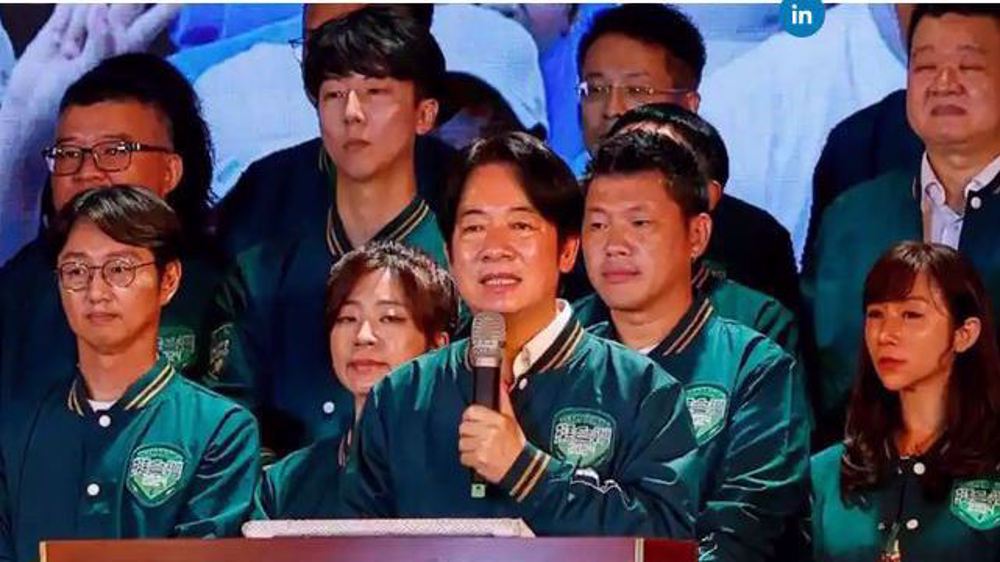
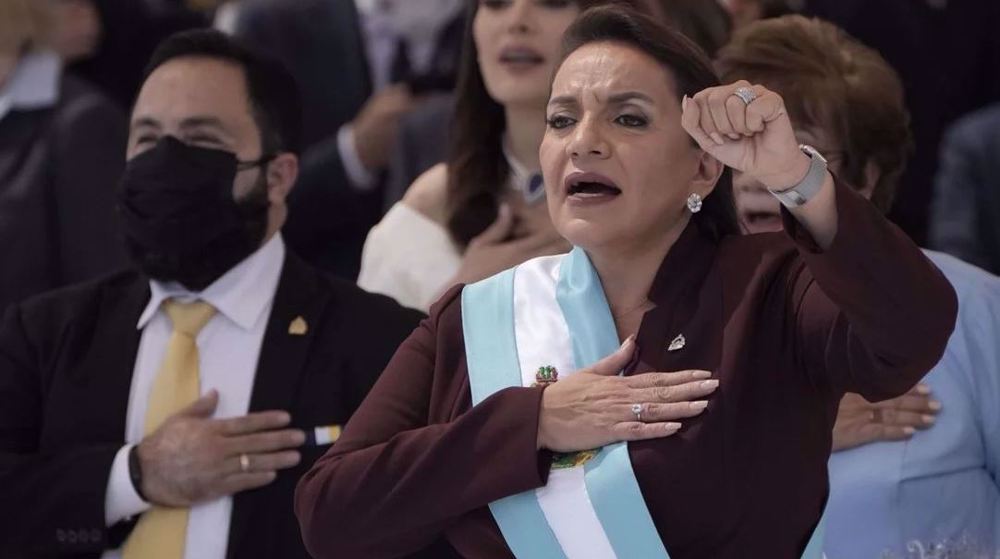
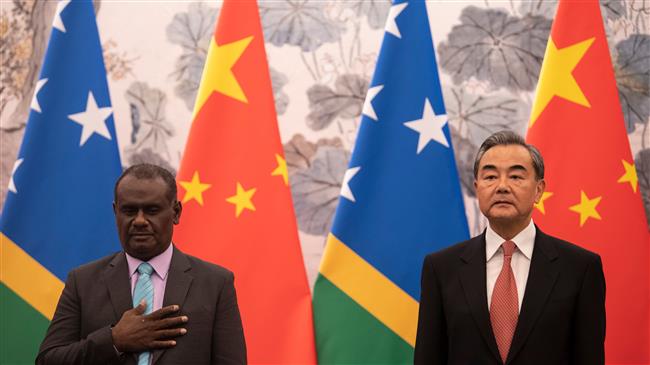
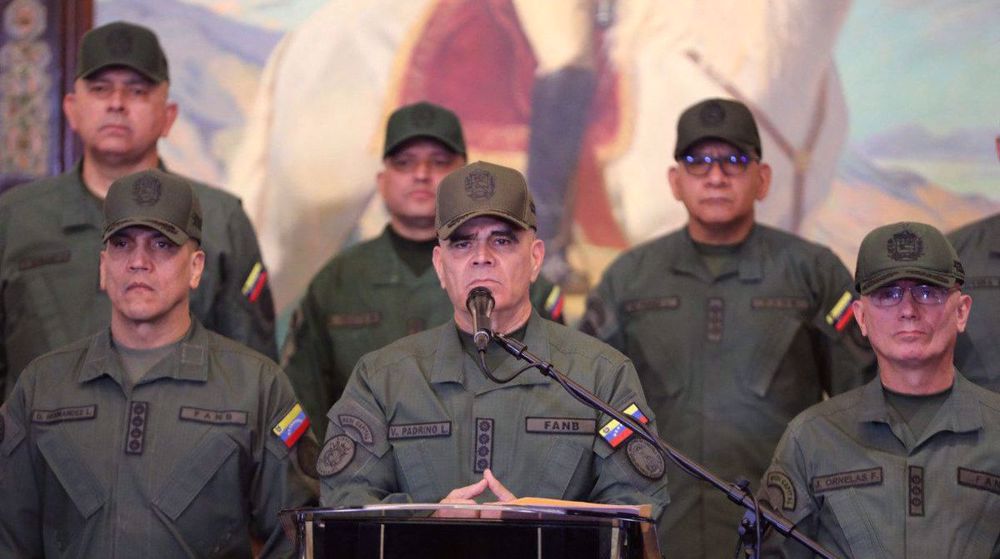
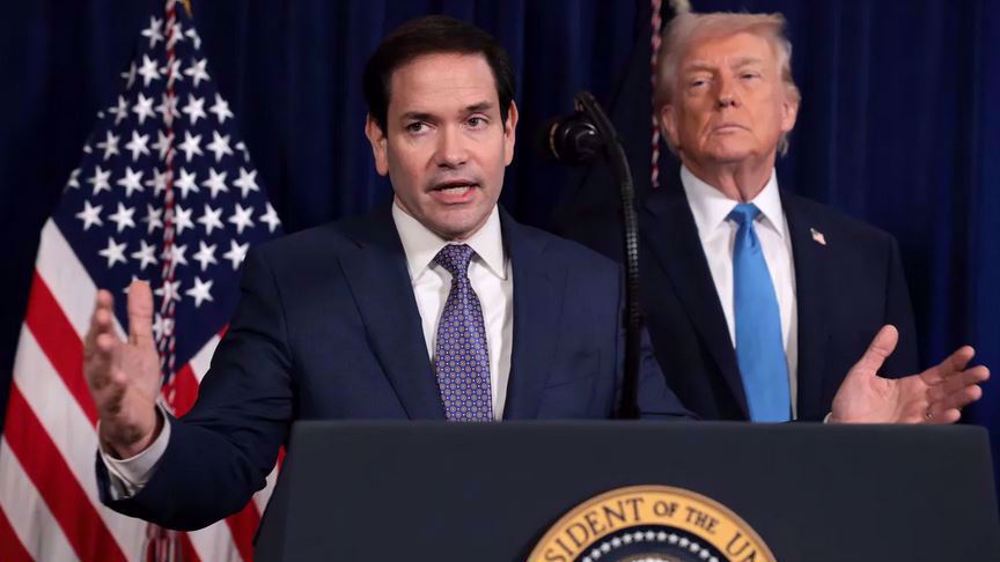




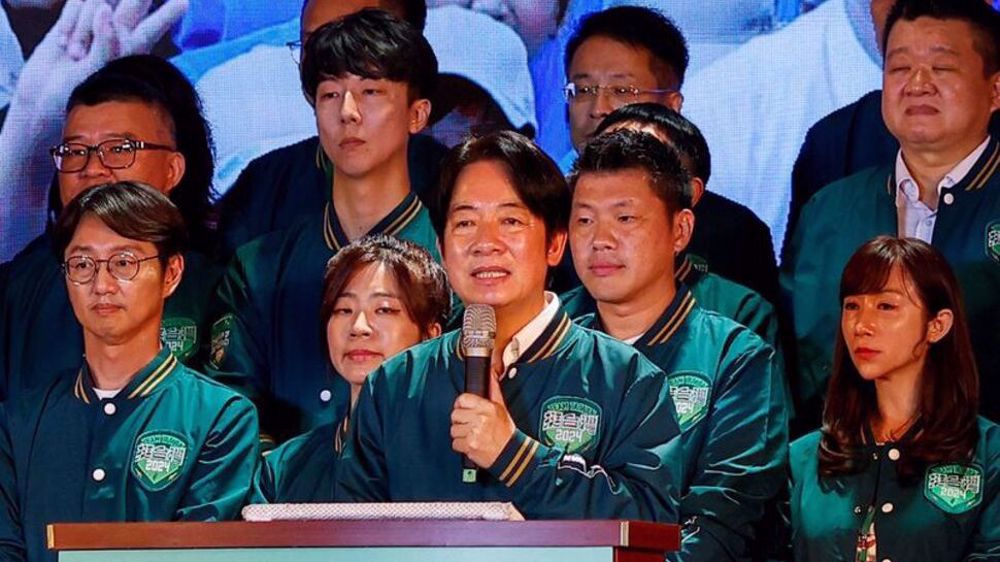
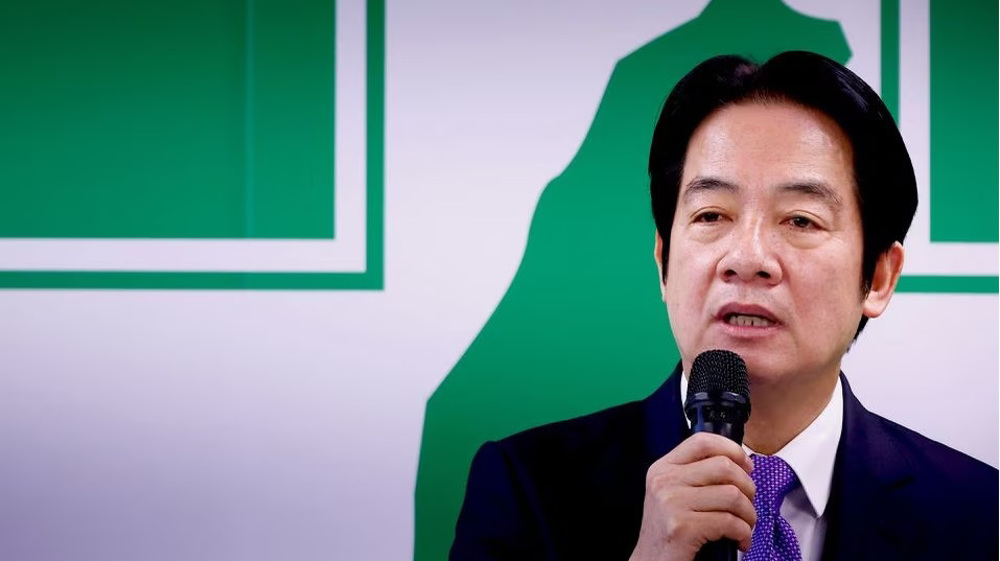

 This makes it easy to access the Press TV website
This makes it easy to access the Press TV website